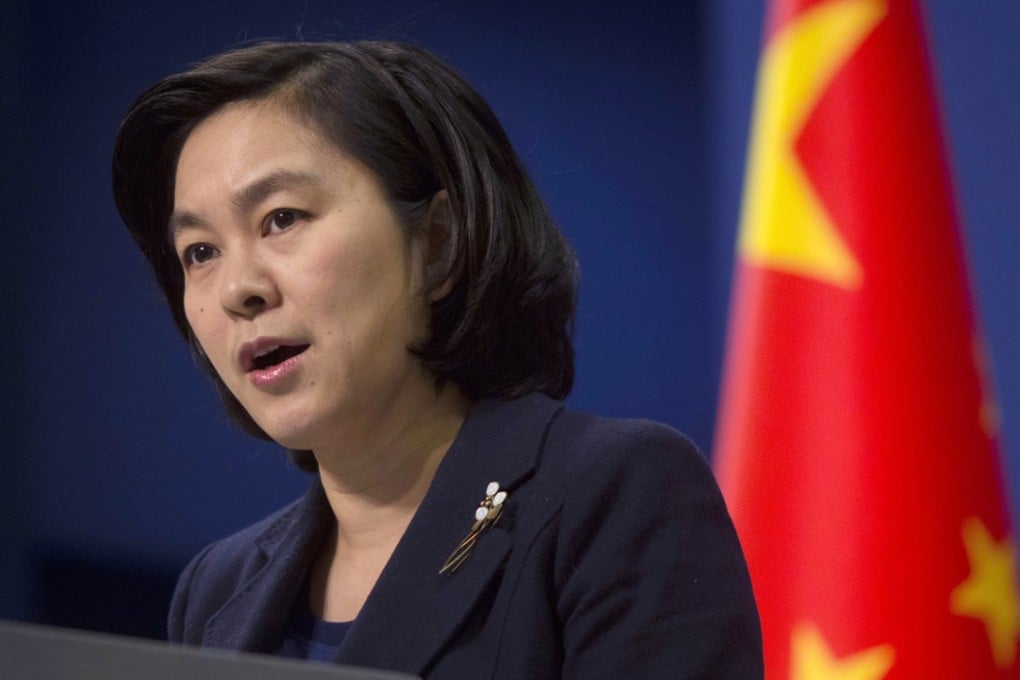Advertisement
Opinion | Chinese chip maker Fujian Jinhua is accused of stealing US technology. This time, China is fully prepared to fight back
- Billy Huang says the US indictment is only the latest twist in the long-running saga of its complaints about China’s intellectual property theft. Beijing’s steely response, as expected, only ratchets up the tension over the trade war
Reading Time:3 minutes
Why you can trust SCMP

US Vice-President Mike Pence has added fuel to the fire of the trade war and also reportedly threatened “a cold war” unless China makes substantial changes on a wide range of issues, with technology theft at the top of the list. He made the remark in the wake of President Donald Trump’s claim that China “got rid of” its “Made In China 2025” plan because he told the Chinese he “found it insulting”.
And looking at the case of Chinese memory chip maker Fujian Jinhua Integrated Circuit Co, accused of stealing trade secrets from US semiconductor firm Micron Technology, I am pessimistic about the prospects of talks at the G20 summit in Argentina making any progress towards a resolution on the trade war.
Jinhua, created with an initial investment of 3 billion yuan (US$432 million) from a government-backed fund, was a feather in the cap for China’s 13th five-year plan and Made in China 2025. Its aim was to spearhead the country’s efforts to catch up with the world leaders in key innovation areas like chip making.
Advertisement
On November 1, the US Department of Justice issued indictments against Jinhua, Taiwan-based United Microelectronics, and three former Micron employees for economic espionage and stealing the trade secrets of Micron, an industry leader. Before the Department of Justice took action, the US Commerce Department added Jinhua to a list of companies banned from buying components, software and technology goods from US firms. As chip manufacturing demands the seamless integration of the supply chain and American companies dominate the field, the move has strangled Jinhua and crippled China’s chip industry as a whole.
Advertisement
Advertisement
Select Voice
Select Speed
1.00x
